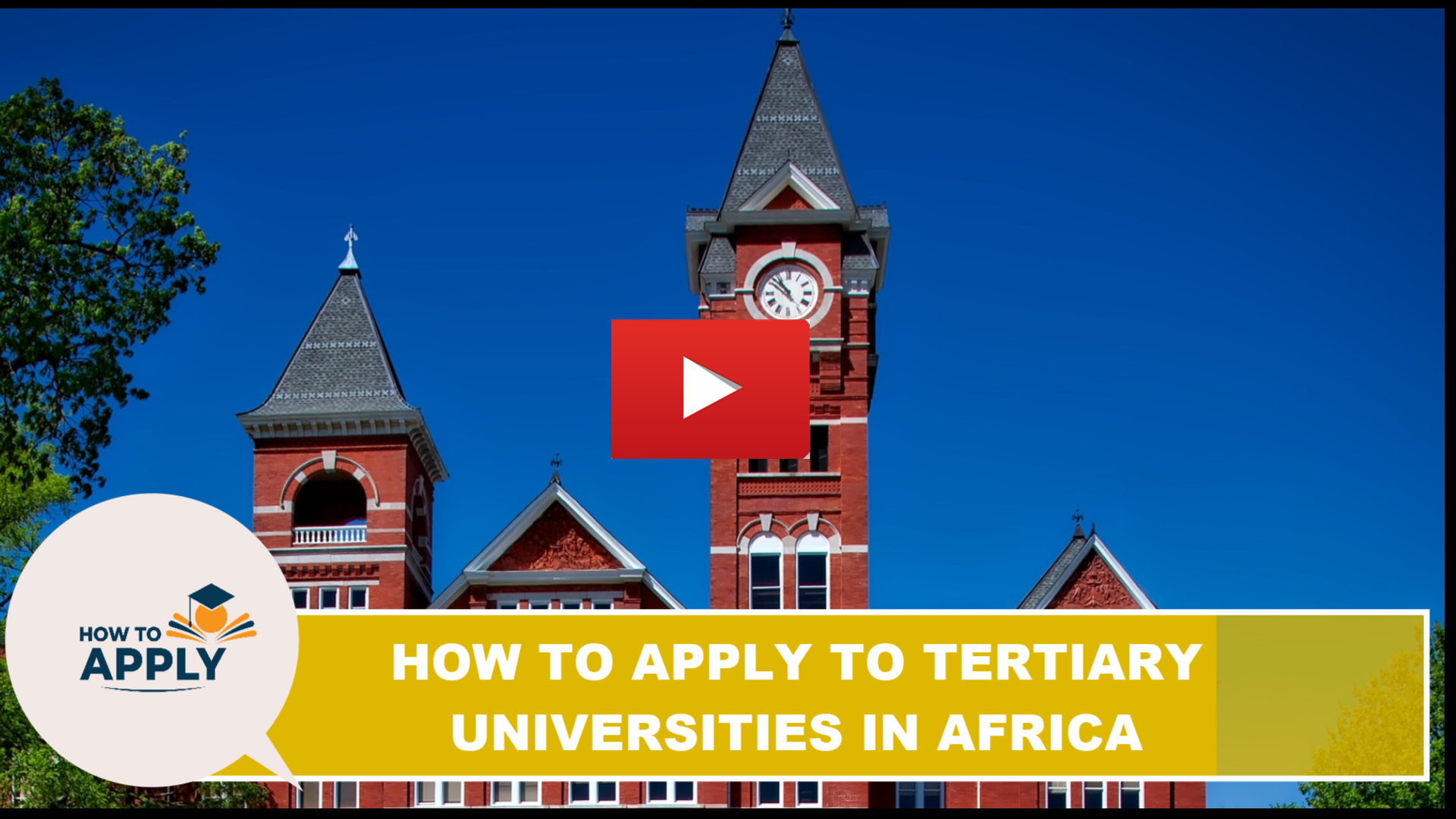Makerere University Department Of European and Oriental Languages
Makerere University European & Oriental Languages – Read details below:
Historical Background
Although the current Department of European and Oriental Languages (DEOL) was created during the process of College formation in 2011, its constituent units, like the French and German Sections date way back in the 1950s and 60s when Makerere was “the crown of the East African region in the field of education.”[1] Initially, the possibility of teaching European modern or African languages in Makerere University College was first brought up for discussion in 1944 according to Prof. Margaret Macpherson but “turned down because there was not yet enough money for such new courses”[2].
French however, was to develop a decade later, in 1954, after the inauguration of the Arts building, named Queen’s Court in honour of Her Majesty Queen Elizabethand the Duke of England’s visit. It was to occupy a small foothold within the pioneer Honours Courses offered at Makerere University College in English, Geography and History. The first students who started their History Honours in 1957 “were required to learn French”[3]as part of their Honours’ course. Through this exciting wedge of opportunity, French begun at Makerere. In 1962, it was strengthened with the support of the French Government with its first grant for a “Lecturer in French language” Monsieur M. Briffault, who arrived and took up duty in March 1962.[4]He was to be joined later by Mrs. J.M Kendall as lecturer, still under the department of History. By this time, French was being taught in fifteen secondary schools which soon needed an outlet at the University level.
The Council Minutes are not explicit on the exact date of transfer of French to the English department. But in July 1967, at its 81st Meeting, Council appointed Mrs. C. Cantin, as Lecturer, of French in the English Department. Mr. J.C. Whitehouse joined the English department later in 1969, as Senior Lecturer in French and German. Thus the two modern European Languages continued to be taught under this Department until the 90th Meeting of Council, on 12 th June 1970, under Minute 2240, approved the Creation of a New Department and Change of Name of the Department of English.”[5] From then on, French and German, later to be joined by Russian and Swahili, were to be taught under the new Department of Languages.
In 1974, with the extension of the languages to cover Linguistics, English Languages Studies, and Luganda, in addition to the first four subjects, the Department of Languages was expanded into the Makerere Institute of Languages (MIL). Later on, in 2009, the
subject or Arabic which, by then, had for long been one of the official languages of the Organisation for African Unity, was added to MIL.
It was from that Institute of Languages that the three separate departments were created under the University Reform of 2011 which saw the faculty based structures transformed into Colleges. Under this new dispensation, MIL was divided into the Department of African Languages (DAL), the Department of Linguistics, English Language Studies and Communication Skills (DLEC) and the Department of European and oriental languages (DEOL). Since 2011, DEOL has been running three subjects of Arabic, French and German, all operating with the Beginners and Advanced Programmes. These languages are also offered as service courses in Tourism, Agribusiness, Business Administration, as well as Social Research.
Some Contributors to the Growth of DEOL in its History
In the French Section
1962-1964 M. M. Briffault
1964-1967 Mme. J.M. Kendall,
1967-1969 Mme C. Cantin
1969 – 1971 M. J.C. Whitehouse
1971 – 1985 Prof. Livingstone Walusimbi – HOD Languages
1973 – 1977 M. Bwete Kironde
1975 – 1983 M. Joel Bertrand -Coordinator, French Subject
1975 – 1983 Mme Genevieve Bertrand
1973 – 1979 Dr. John C. Ogwana
1973 – 1979 Mme Therese Ogwana
1976 – 1979 Denis Viard
1972- 1983 M. Bazil Olima
1979 -1982Thierry Pol
1983 -1987 Dr. John Mary Kawuzya
1982-1985 Dr. Wilson Were
1985- 1995 Dr Edith Natukunda-Togboa – Coordinator, French
2002 -2006 Dr. Enoch Sebuyungo Coordinator French Subject
2006 -2010 Mlle. Harriet K. Namukwaya Coordinator French
German Section
1966 – 1968 Johannes Henning
1970s Ingrid Hills
1970s Klaus Petersen
1970s Dr. Brigitte Koch
1981 – 1985 Dr. Jörg Braunert
1986 – 1991 Rainer Epp
1985 – ? Dr. Ingrid Rissom
1980s- 2005 Prof Manuel Muranga
1990 – 1993 Klaus Betz
1992 – 1998 Andreas Schott
1998 – 2000 Dr. Ilona Taute
2000 – 2006 Dr. Dominique Bediako
2006 – 2011 PD Dr. Gerald Heusing
2012 – 2014 Dr. Mirjam Gille
1990s to Date, Mr Ahmed Kaggwa
1990s to Date, Dr William Wagaba
1990s to Date Mr. Edward Sekiziyivu
Arabic section
Prof. Manuel Muranga
Prof. Ruth Mukama.
Dr. John Kalemwa
Dr. Edith Natukunda-Togboa
Mr.Ebraheem Ssali
Dr. Osman Idriss
Dr.Muhamid MusheIdriss
Mr. Isaac ssettuba
Where are the Alumni of DEOL?
The English say that the “proof of the pudding is in the eating”. Where have the alumni of the department been applying the knowledge and skills gained? Communication with staff in DEOL over the years has revealed that these are professional men and women working in diverse fields of employment in the society. Within the international organisations, like the bodies of the United Nations, there are French and German graduates working in the Peace keeping & Operations unit, the UN High Commission for Refugees, the Training Units of the United Nations Development programme and officers in UNICEF and UN Women offices in several countries. Some have been in the International Labour Organisation, International Committee of the Red Cross and the World Health Organisation. Many also hold high positions in International Development Agencies like GIZ and DFID. Others have indicated they are working with international NGOs like International Crisis Group.
At the regional level, our graduates are programmes officers in the African Union and the East African Community. At the national level, they have served and continue to serve as foreign Officers, Educational and Commercial Attaches as well as high level cadres in the intelligence and security forces. They are Ambassadors, Ministers, Members of Parliament and high level functionaries within the public service.
One area where the alumni have performed to excellence is in the field of education where they are teaching in universities in Europe and Africa. They are Heads of schools, libraries and children’s homes. They are teachers, teacher trainers, educational counsellors and language therapists. Some have gone ahead to start their own language centres and schools like Seeta Parents’ Academy, and the Lady Bird International Pre-School.
There are many working in language related services such as international conference interpreters and translators as well as publicity, marketing, journalists and broadcasting specialists. Our department is proud to be associated with many authors and editors in the East African, the Observer, the Monitor, the New Vision, Red Pepper and The Patriot (Rwanda).
The field of international business, banking, insurance and export advisory services also absorbs many of our products. The airlines, tourism and maritime industries also employ our graduates. But it is probably the self-employed and home engineers who may be the most numerous and the least documented. In all these areas of life, it is the learning of a regional or international language that has opened a window of opportunity.
[1]SichermanCarol(2013) : Becoming an African University: Makerere 1922 – 2000, Trenton, NJ, Africa World Press.
[2]Macpherson Margaret (1964): They Built for the Future : A Chronicle of Makerere University College 1922-1962, Cambridge University Press.
[3]Macpherson, p. 125.
[4]Minute Book of Council Minutes , 66th Meeting of the Makerere University College Council,30th July 1962.
[5]Council Minutes 90th Meeting of Council 1970
See Also:
Makerere University Department of African Languages
Makerere University Journalism and Communication
Makerere University Department of Linguistics, English Language Studies and Communication Skills

